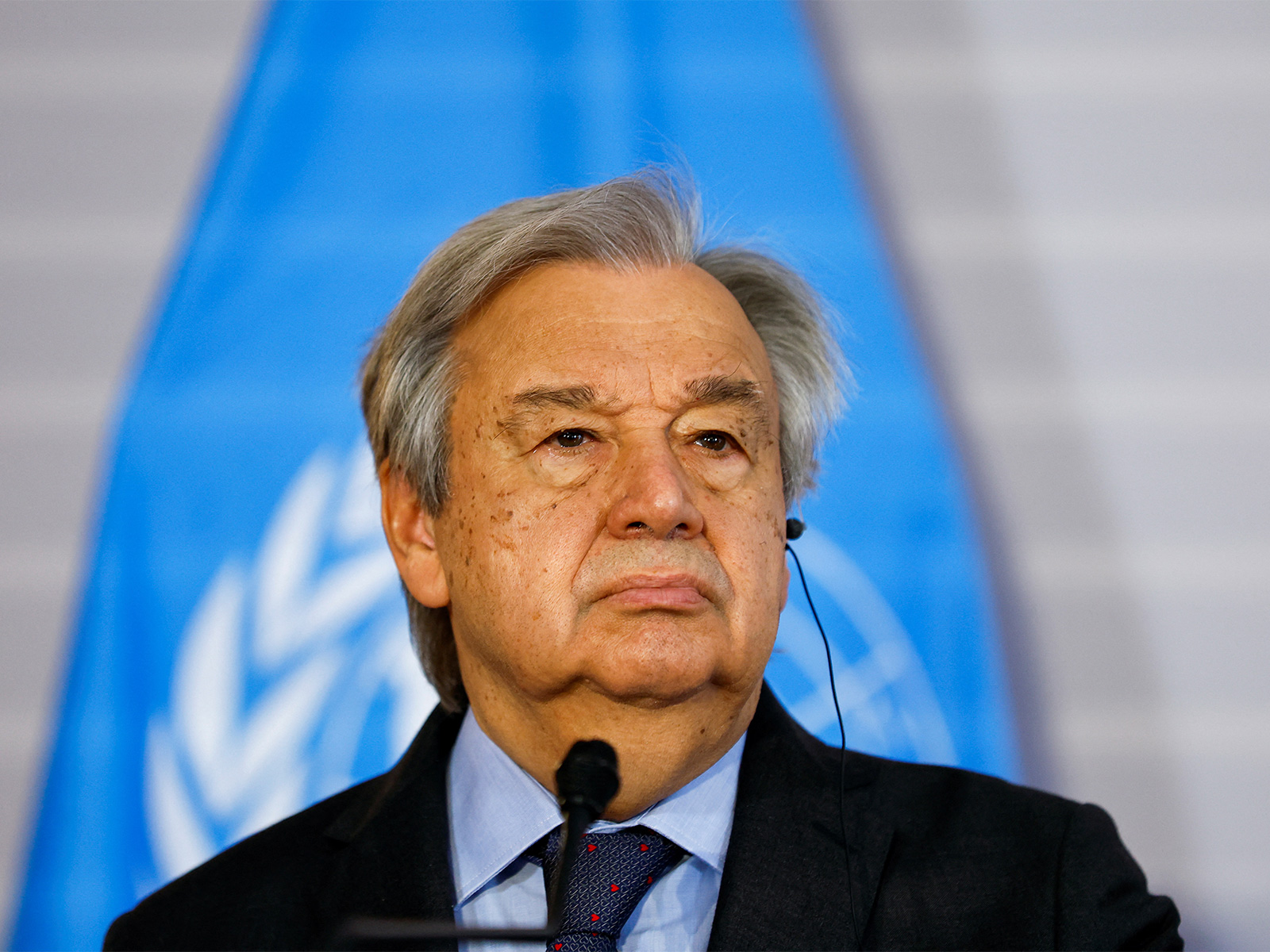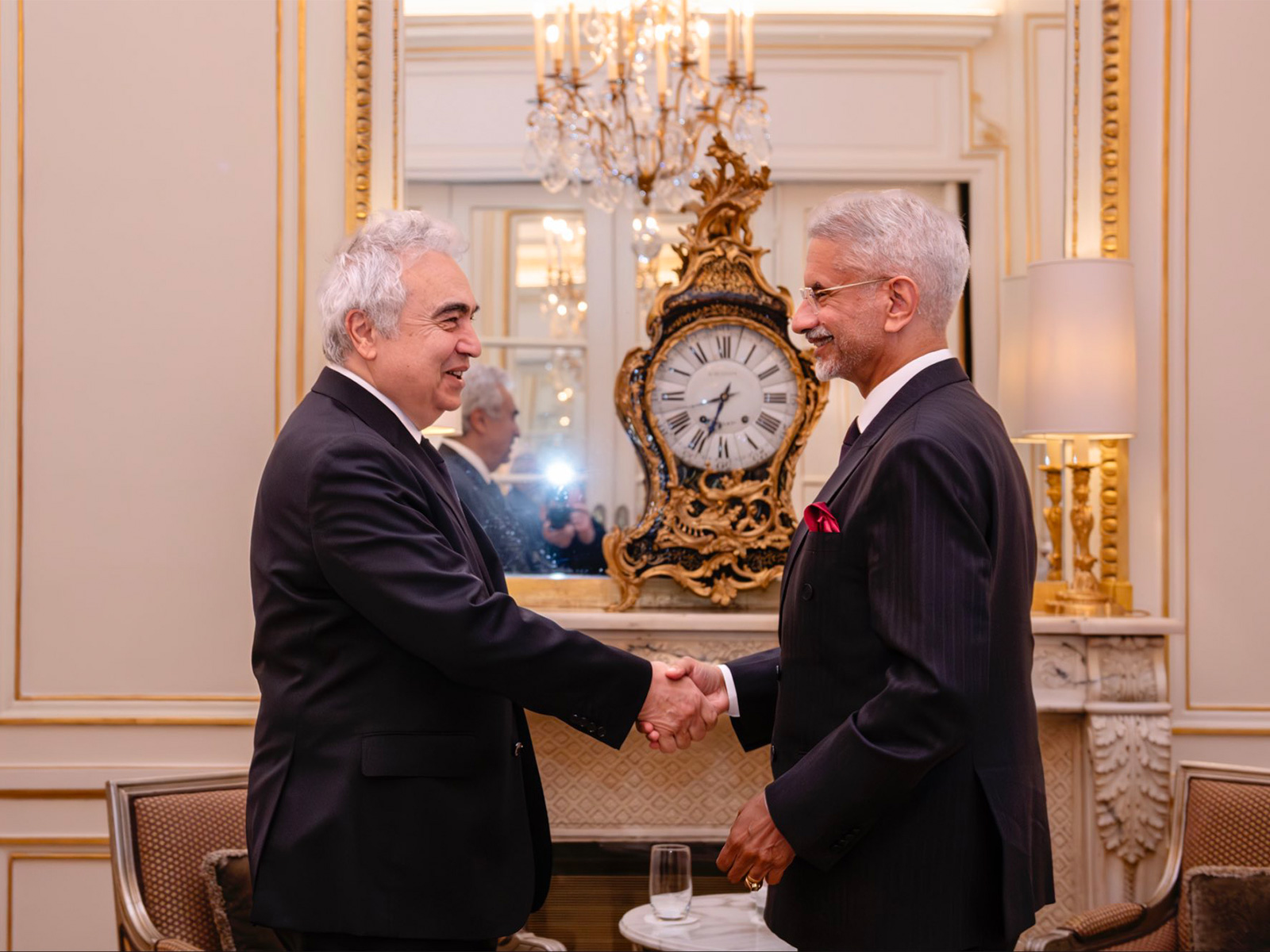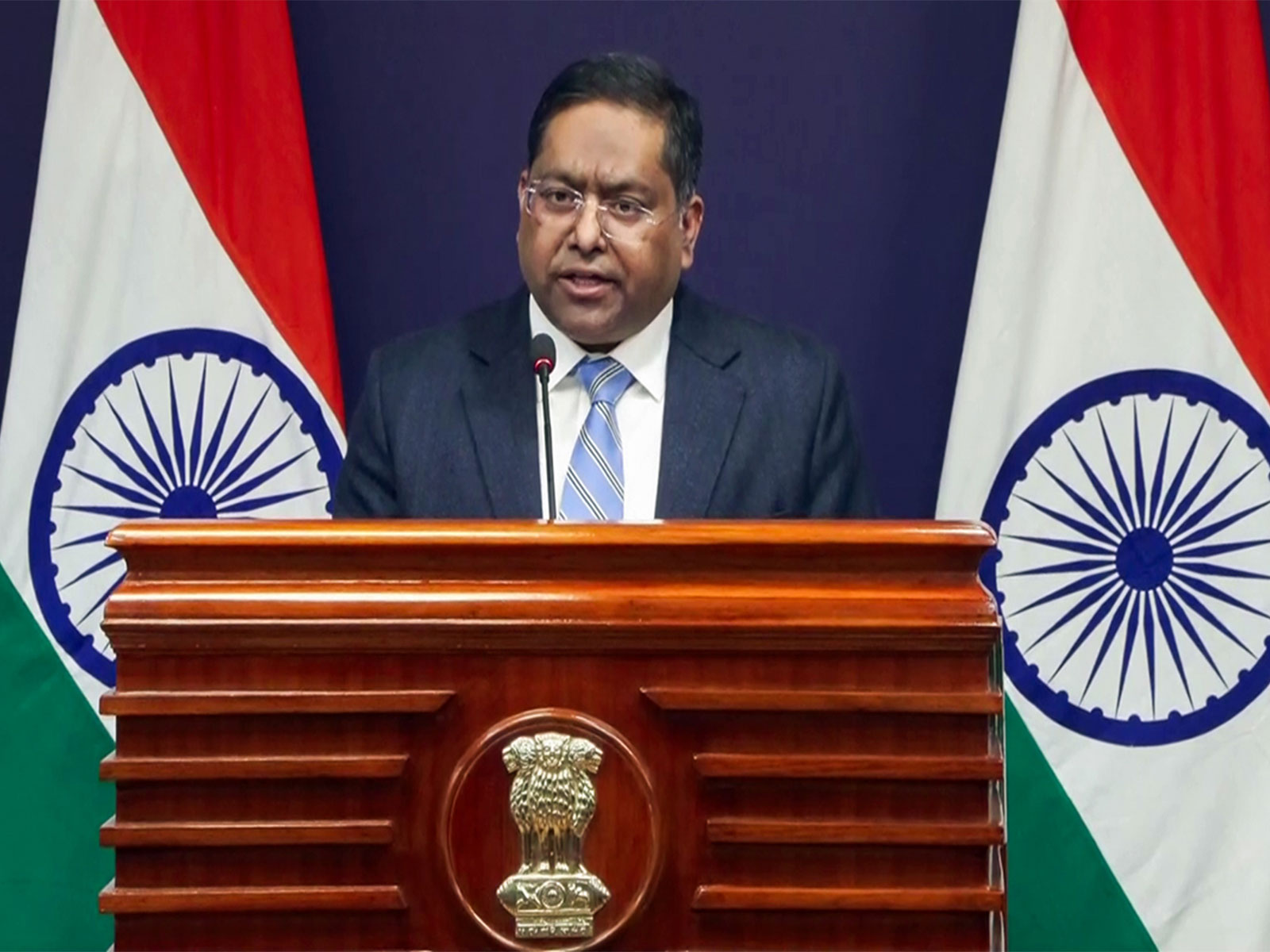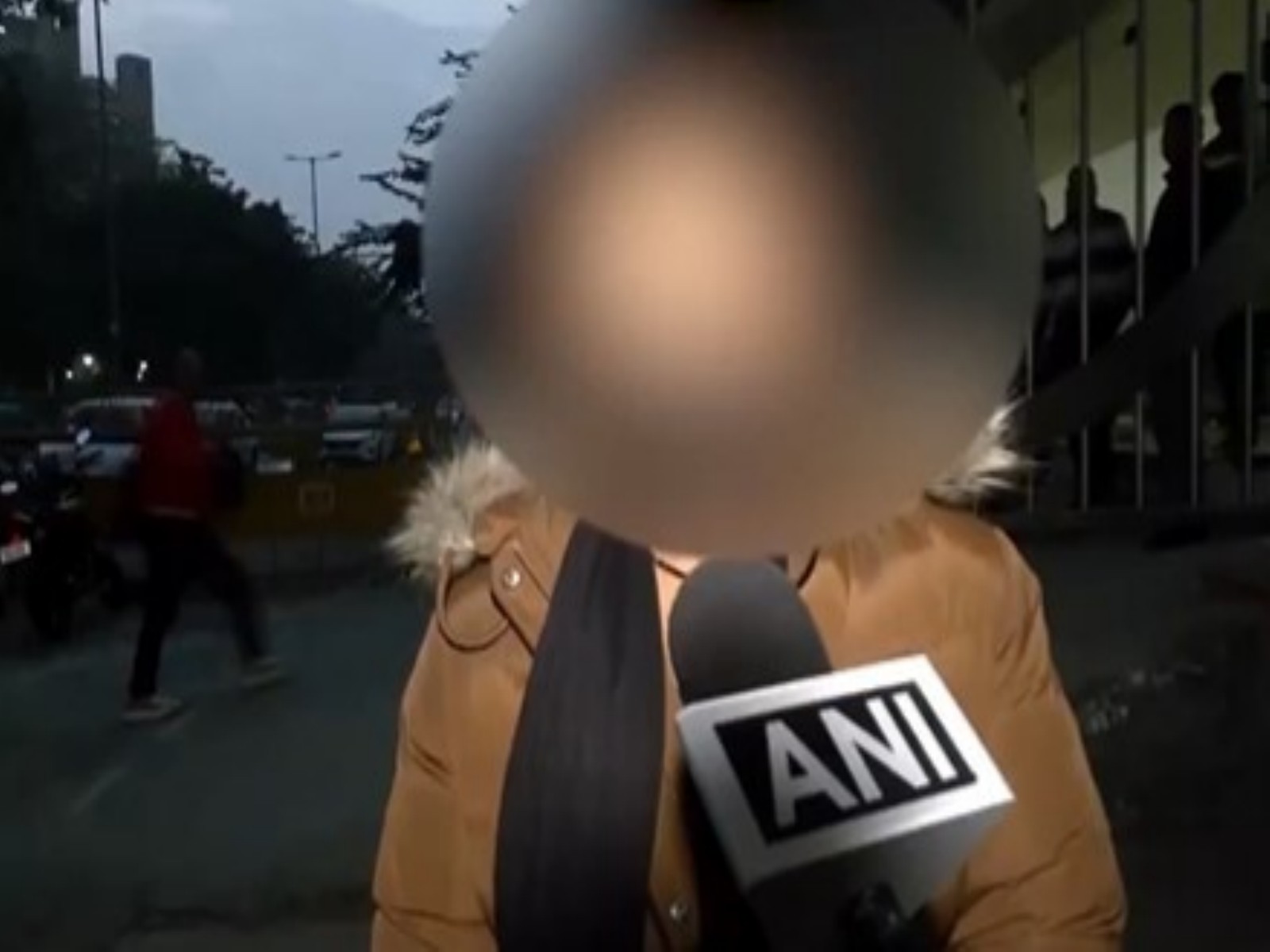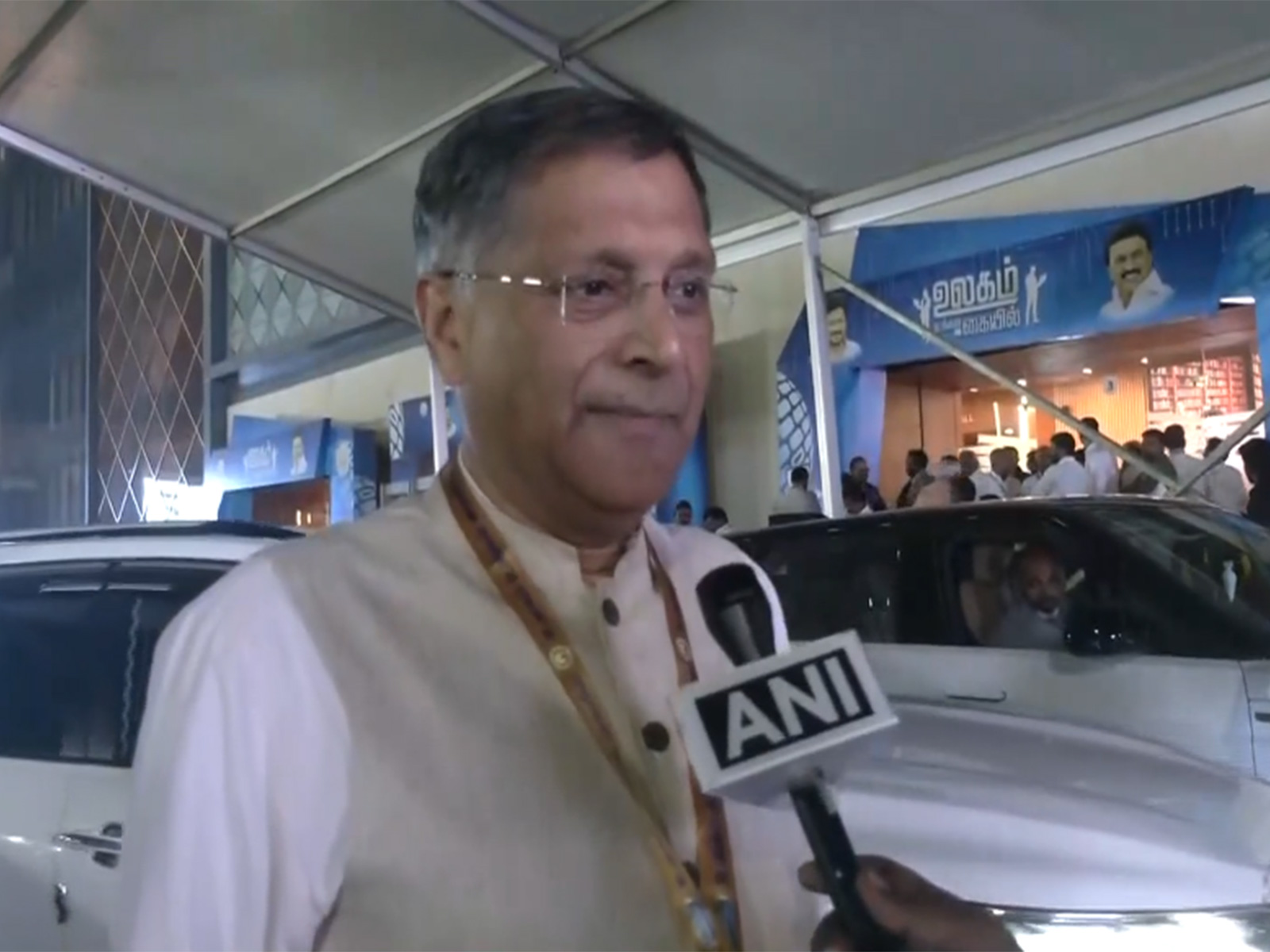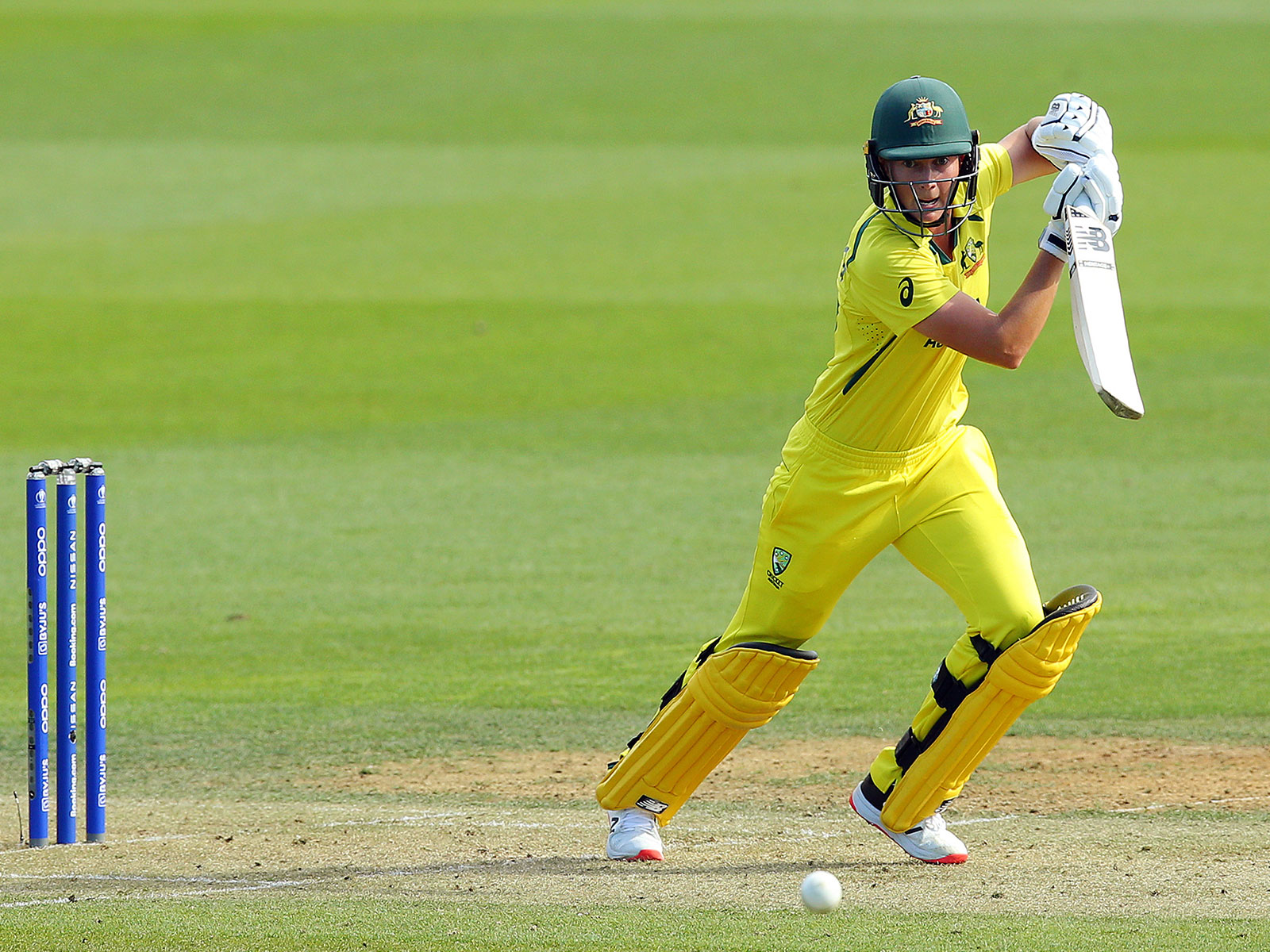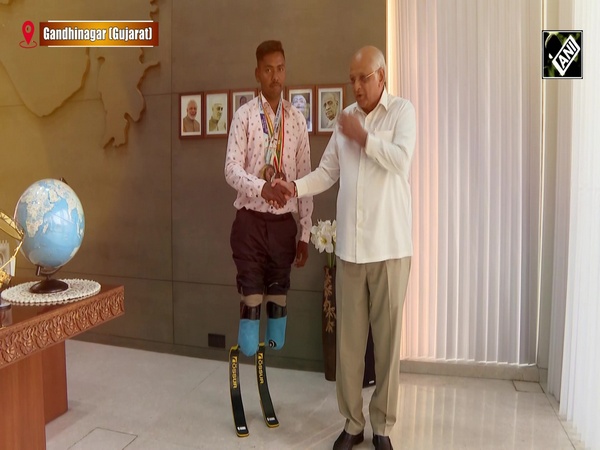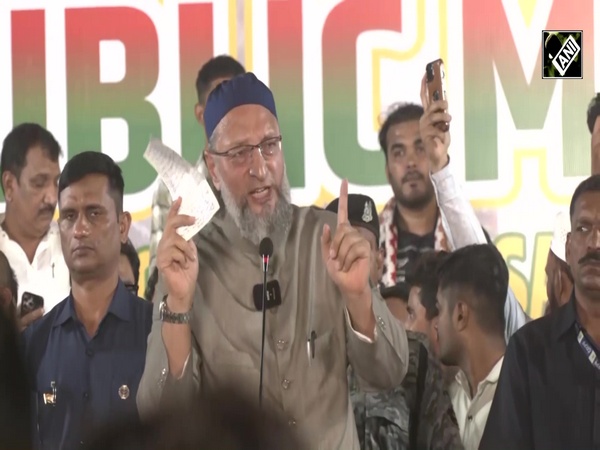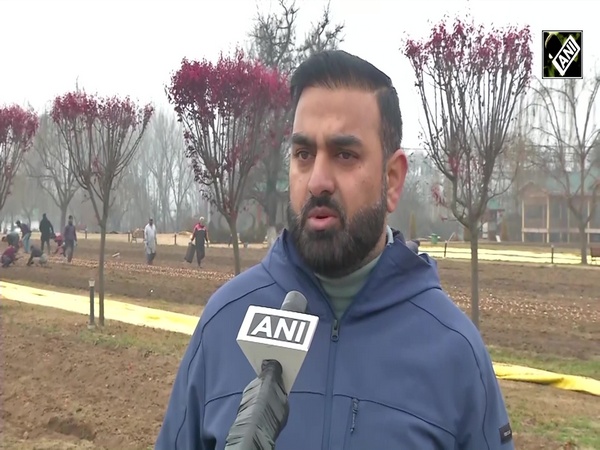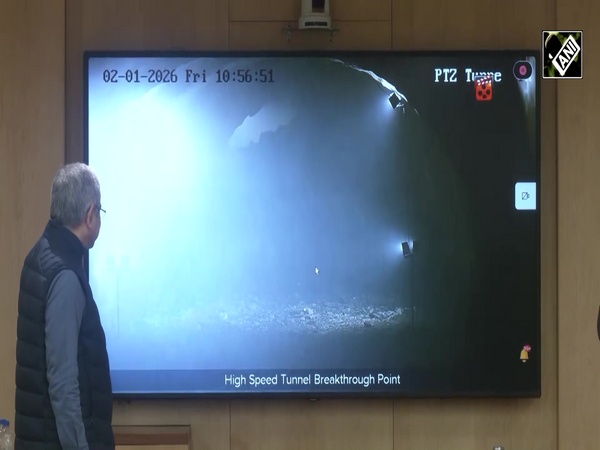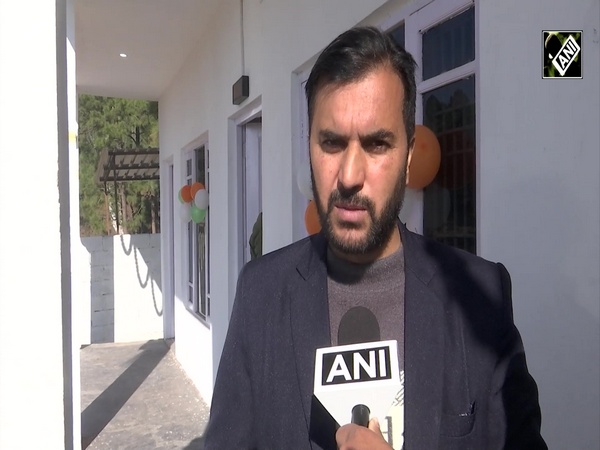'COVID-19 cover up by China akin to criminal conspiracy'
May 12, 2020

Brussels [Belgium], May 12 : The novel coronavirus, also known as the Wuhan virus, cover-up by China is akin to a criminal conspiracy that has endangered entire mankind and threatened to put the global economy on the brink, says EU Chronicle.
"The incalculable human and economic toll exacted by the spread of the virus that has indications of shaking up global geopolitics would reverberate across governments, corporations and individuals for a long time to come," said the news site.
It added that not only did the Chinese leadership hide crucial initial information on the origin and transmission of the virus and delay in announcing effective measures allowing it to spread to other countries, it also understated the death toll and has launched a deceptive disinformation campaign for deflecting criticism and glorifying Chinese aid efforts.
Beijing's intentions for covering up the outbreak can be traced in the timeline of events in Wuhan and reactions/responses of the Chinese leadership in January and February 2020. Concerns over a SARS-like disease with human to human transmission had been voiced much before Wuhan was shut down, and the Chinese leadership and WHO took cognizance.
"Instead of heeding to these alarms, the Communist Party resorted to the silencing of these voices", it said.
It showed concerns over how whistleblower doctors Ai Fen and Li Wenliang apparently 'disappeared' or were reprimanded for speaking the truth. Conspicuously, labs analysing the pathogen were instructed to destroy samples negating the possibility of determining the actual source of the virus, while the Shanghai Public Health Clinical Centre that had published the virus's genome sequence was shut down.
Reports of health care workers falling ill, an early indicator of human-to-human transmission, were suppressed and offers from the US in early January to send medical experts to Wuhan were rejected by the central government.
The removal of Mayors of Wuhan and Hubei replacing them with party mouthpieces, and appointment of Major General Chen Wei, China's renowned bio-warfare expert to the Wuhan Institute of Virology in late January when the virus was at its peak, also fuels suspicion.
Even though the first known COVID-19 patient was confirmed on Dec 1 itself, and had infected his 53-year old wife, throughout December and more than half of January 2020, the Wuhan Municipal Health Commission and National level health institutions were downplaying the outbreak, saying that there was 'no evidence' of human to human transmission.
Instead, authorities allowed holding of local provincial Congress (Jan 6-11) and a grand feast of 40,000 families in a Lunar New Year banquet in Wuhan.
The EU Chronicle said, "The Chinese government continues its deceptive and suppressive tactics. Even after the crisis has allegedly triumphed over, censorship has remained tight and data from hospitals remains sketchy. Moreover, the government continues to muzzle unofficial sources."
According to Chinese Human Rights Defenders, the number of internet users known to have been arrested for sharing information related to the virus nearly doubled between March 2 and April 1, from 452 to 897. Three of the most prominent citizen journalists working from Wuhan itself have yet to reappear after being taken into custody.
The recent arrest and investigation for "serious violations of law and discipline" of real-estate mogul and Communist Party member Ren Zhiqiang, over an open letter that was critical of Xi's handling of the crisis, is also a case in point.
Meanwhile, questions remain about China's official tally of cases and deaths. The news site said, "A report authored by Derek Scissors of the American Enterprise Institute estimated that there would be 2.9 million total cases in China, rather than the 82000 officially reported. A similar research published by medical journal 'Lancet' put the likely number of infections at 2,32,000 and concomitantly, the number of deaths would have been higher."
Post lockdown estimates from Wuhan, based on details from funeral homes and local residents indicate that the city's death toll may have been 10 times greater than officially reported. Notwithstanding the crisis at home, Beijing was using its diplomatic muscle as chairman of the UNSC to avert a discussion of the Wuhan virus at international fora, and stopping the WHO from paying heed to Taiwan's warning (Dec 31) on the crisis.
China's post-pandemic soft-power push in the form of medical aid shipments, and the various conspiracy theories pushed by Chinese diplomats in recent weeks to silence the fingers pointing at China, have started to fuel anti-Chinese sentiment and already a "decoupling from China" theme has emerged across the world.
A March 26 investigation by ProPublica found a network of fake Twitter accounts and hijacked real ones that were covertly spreading Chinese government propaganda about the virus to global audiences.
Parts of the network were linked to a Beijing company allegedly having ties to the Chinese Communist Party's United Front Work Department. This lends further credibility to the world's rising distrust in Beijing.
Over 4.2 million people the world over have got infected with Coronavirus till date, out of which over 287,000 people have lost their lives.
